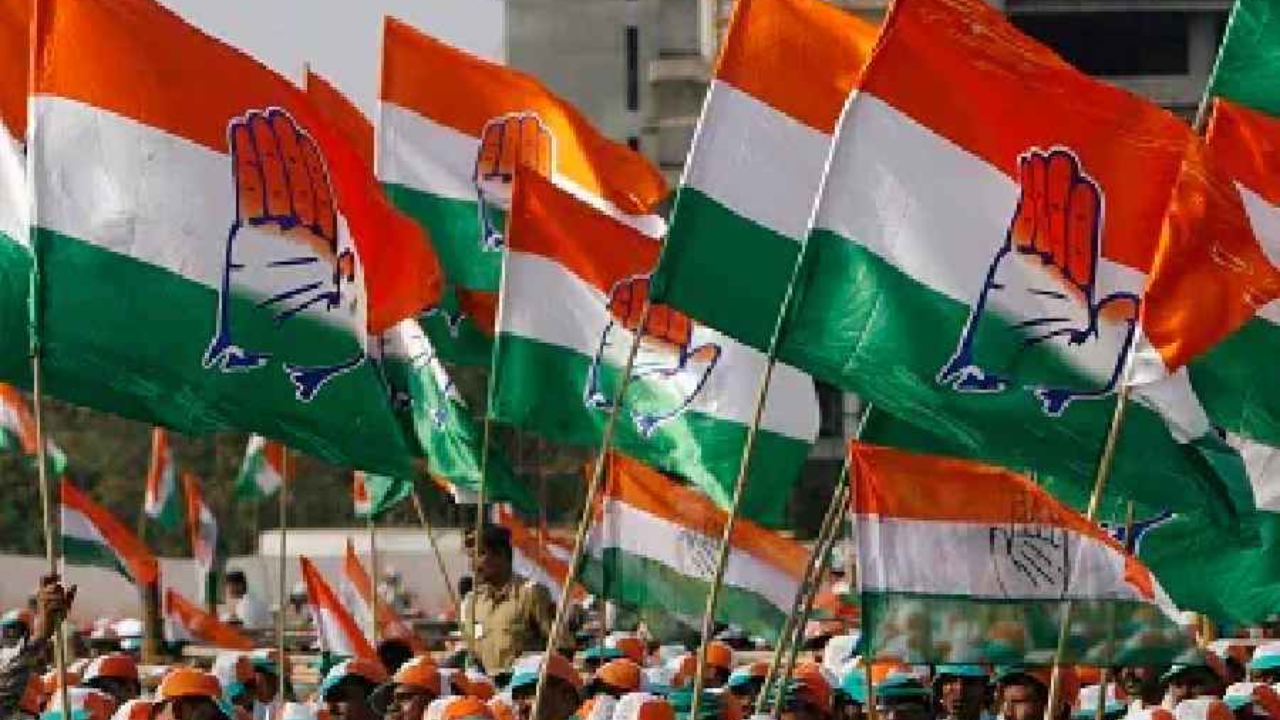PM Modi’s assurance, that is the implementation of programs for public welfare, instilled trust among the people.
There is no need for anymore review of the Congress’ defeat in Madhya Pradesh, Rajasthan and Chhattisgarh. Reports from committees formed after every major defeat are gathering dust. Strategies employed by state leaders to sideline opponents for their own dominance ultimately harm them and the party. Few may remember instances from Dwarika Prasad Mishra to Shyamacharan Shukla, Kamal Nath, Arjun Singh, Digvijaya Singh, Ajit Jogi, or Bhupesh Baghel—all succumbing to self-destructive gambits. Kamal Nath, in the early 1980s, to hinder the tribal leader Shivbhanu Singh Solanki from becoming Chief Minister, joined forces with Arjun Singh after failing to garner support. Later, he actively engaged in national politics alongside Arjun Singh, leveraging his trusted legislators in vital departments like power, energy, and public works to retain influence. Budgeting and contracting in these departments hold utmost significance. In the state, Dwarka Prasad Mishra initially influenced P.C. Sethi and Arjun Singh to hinder the Shukla brothers’ impact. Later, Arjun Singh and Digvijaya Singh employed every possible political manoeuvre to impede Madhavrao Scindia, Motilal Vora, Subhash Yadav, and Suresh Pachauri. This time around, Kamal Nath and Digvijay Singh attempted a game of support and opposition to conquer through tactics. Consequently, this alliance, along with Rahul Gandhi’s pride and the lack of grassroots organisation, led to a significant defeat in the elections.
After the defeat, to talk of malfunctioning EVMs (Electronic Voting Machines) is being viewed with scepticism, as recently in Karnataka, Himachal Pradesh, and now Telangana, the Congress is celebrating victories from those very machines. If malfunctions were possible, wouldn’t BJP president J.P. Nadda, Home Minister Amit Shah, or Yediyurappa, and Chandrashekhar Rao have secured their governments and parties? Prime Minister Narendra Modi and his BJP have consistently succeeded in Lok Sabha or state Assembly elections by focusing on leadership, policies, implementation, and organization. It’s not that there’s no competition among BJP leaders in states, but it’s well controlled. Even during the Janata Party era, there was contention among components of the Jan Sangh: Kailash Joshi, Sundarlal Patwa, and Virendrakumar Saklecha for the Chief Minister position, yet Sangh-backed leaders like Kushabhau Thakre balanced everyone, safeguarding the party and the government. When Saklecha rebelled and formed a separate party years later, Uma Bharti also revolted but couldn’t garner support from legislators or the public in elections. Similarly, in Rajasthan, dissatisfied BJP leader Bhairon Singh Shekhawat couldn’t orchestrate a major rebellion. Vasundhara Raje, supported by Shekhawat and Atal Bihari Vajpayee, was appointed Minister and later Chief Minister at the Centre. Despite having some supporters among legislators even today, she lacks the strength to revolt. Her focus is also on securing a future for her son Dushyant. Despite their defeat in Madhya Pradesh, Kamal Nath and Digvijaya Singh are actively trying to shape their sons’ political futures. However, they’ve sidelined Ajay Singh, son of Arjun Singh, and Arun Yadav, son of Subhash Yadav.
In Chhattisgarh, Bhupesh Baghel has consistently kept the party’s chief opponent, T.S. Singh Deo, behind, sidelining Motilal Vora’s son Arun Vora and Amit Jogi, son of Ajit Jogi. Congress’ major mistake remains its failure to offer leadership opportunities to tribal leaders, especially in Chhattisgarh, a predominantly tribal region. In Madhya Pradesh, leaders like Arvind Netam, Dilip Singh Bhuria, Kantilal Bhuria, tribal leaders, have been utilised but never given power. Additionally, at the Centre, during the tenure of Manmohan Singh, Sonia and Rahul Gandhi, and in the state under Ajit Jogi and Bhupesh Baghel, advisers sympathetic to Maoist-Naxal elements were considered important, maintaining a soft approach towards these elements. Contrarily, tribal communities are drawn towards Prime Minister Modi’s regime for extensive social and economic transformations and progress.
In Rajasthan, Rahul Gandhi encouraged Ashok Gehlot and Sachin Pilot to compete for five years to sink the Congress. With Sachin, he played hide-and-seek for ten years to become Chief Minister. Gehlot, backed by his trusted aides Venugopal and Surjewala, continued to fulfil personal interests. He had a strong grip on the organization since the Indira era but got entangled in pressures from above, legislators, and concerns regarding his son Vaibhav’s political future after becoming Chief Minister for the third time. Not only did Sachin and his allies, but Rahul also consistently weakened other leaders like C.P. Joshi politically. He himself formed a front against former Chief Ministers Harideo Joshi, Shivcharan Mathur, and Girija Vyas to gain power. On the other hand, BJP sidelined old adversaries in Rajasthan, positioning leaders like Gajendra Singh Shekhawat, Rajyavardhan Singh Rathore, Diya Kumari, and Arjun Meghwal for future roles.
In Madhya Pradesh, though there was internal dissatisfaction with Shivraj Singh’s five-year tenure, it wasn’t made public. Similarly, here too, leaders of the second line such as Kailash Vijayvargiya, Narendra Singh Tomar, Prahlad Singh Patel, V.D. Sharma were introduced into the electoral arena. In Chhattisgarh, despite Raman Singh’s 15-year political capital and consistent engagement with tribal areas and women, BJP prepared leaders like Renuka Singh, Saroj Pandey, Arun Sao, and Brajmohan Agarwal.
In this manner, Modi’s assurance, that is, the implementation of programs for public welfare, instilled trust among the people. The result was that the Congress’ vehicle continued to get stuck in its self-created potholes, while the BJP has already paved the way for victory in the 2024 Lok Sabha elections.

